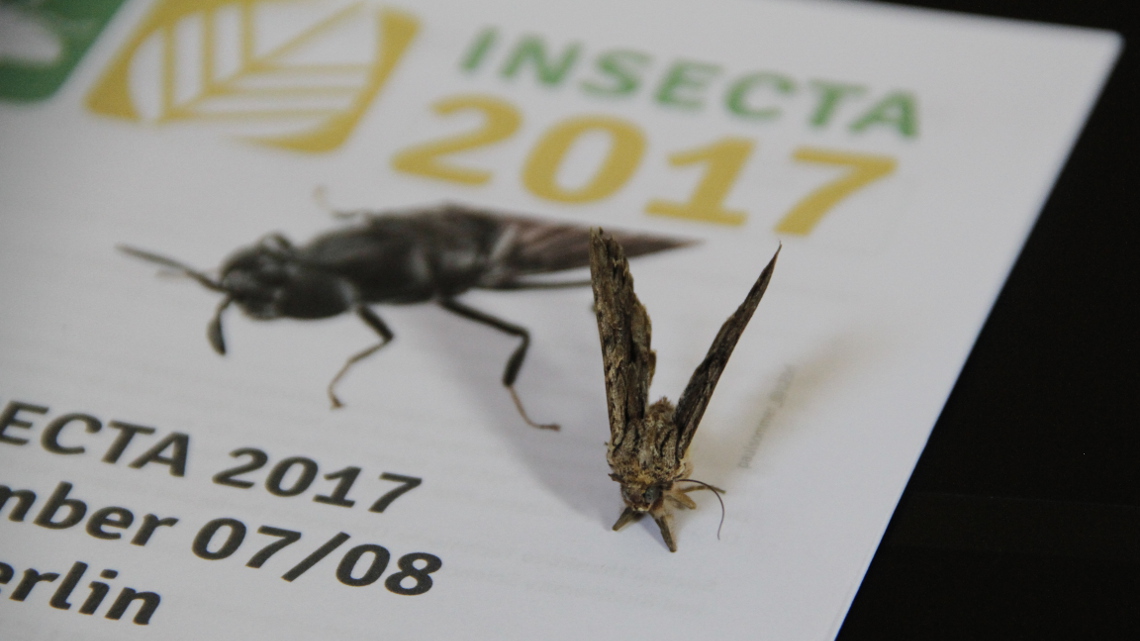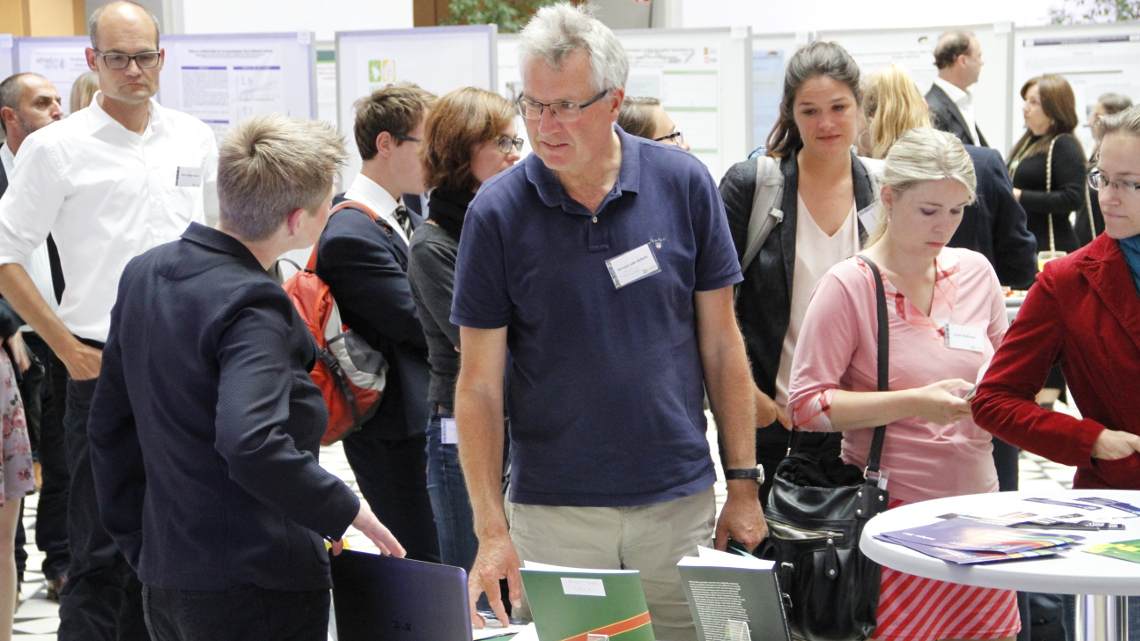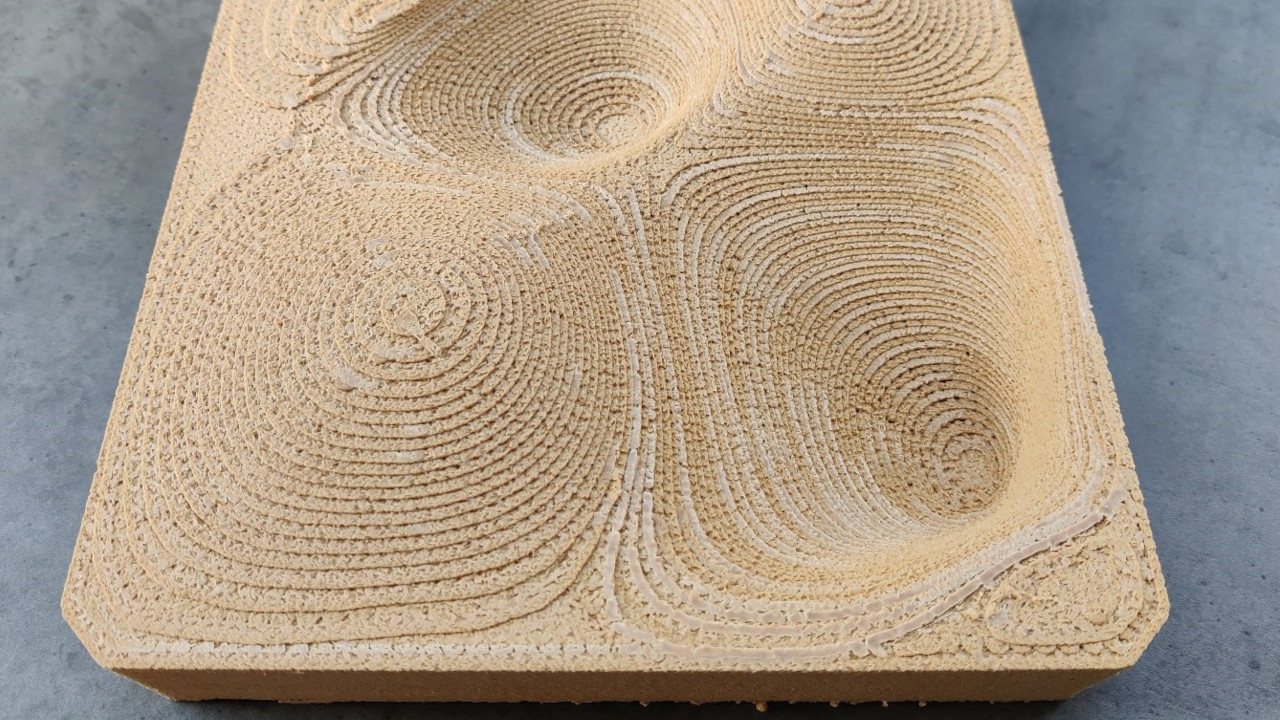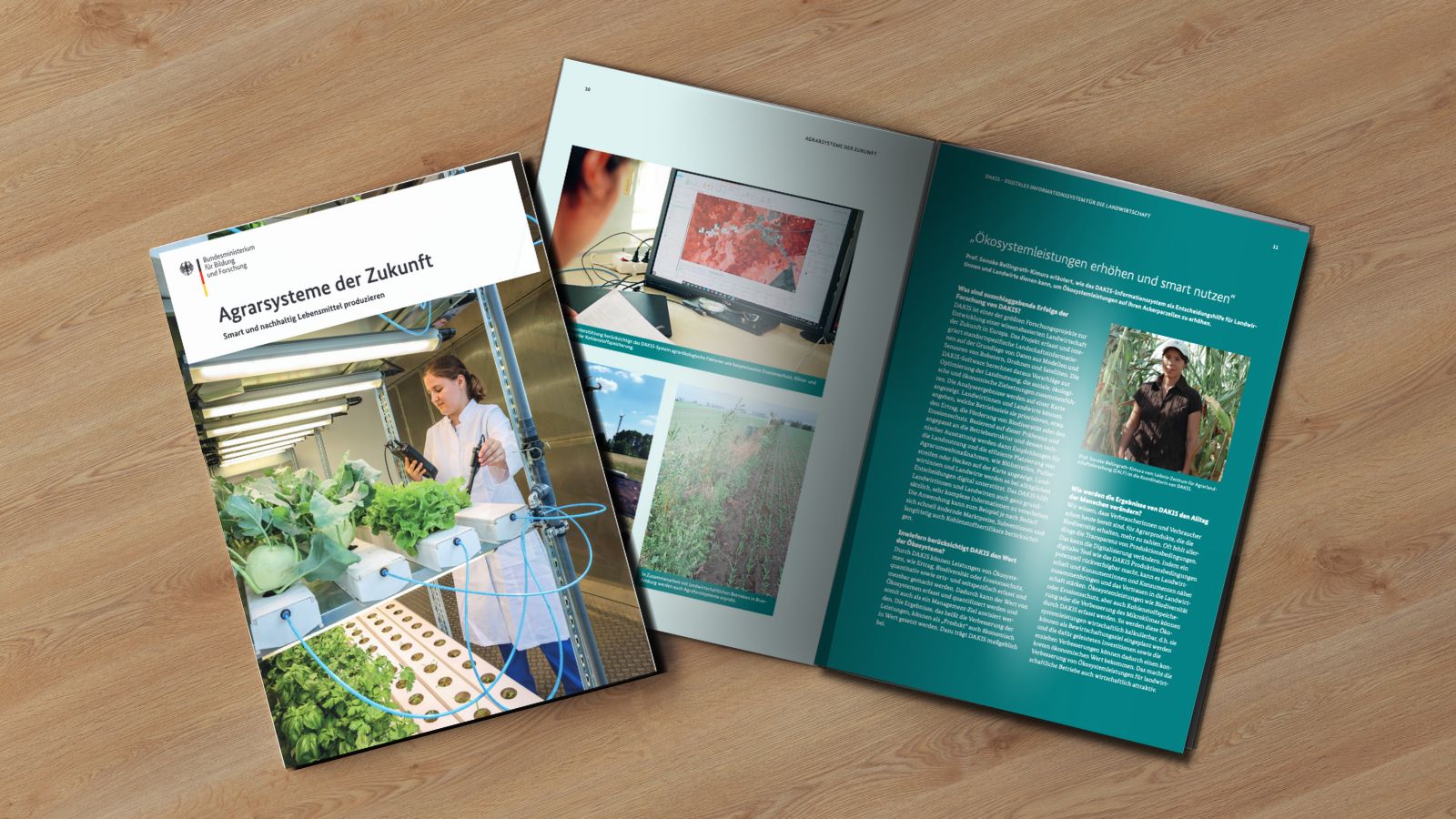Insects as an alternative protein source
Insects could offer an alternative protein source for food, feed, or cosmetics. International experts discussed recent trends during the INSECTA conference in Berlin.

As an alternative source for protein, as an ingredient for cosmetics, or to improve waste management – these are just some of the possibilities that insects offer for a more sustainable and environmentally friendly future industry. To discuss the newest research findings experts from 35 countries came together at the third annual international INSECTA conference. This year, 250 participants from research and industry gathered at the main building of the Technical University Berlin on September 7 and 8.
International insect experts from research and industry
The increasing necessity to find alternative protein sources and the importance of insects for this quest was recently highlighted by a recommendation of the German bioeconomy council, who were advocating for legumes and insects as alternative protein sources to mammalian livestock. With global warming and a growing global population in mind, the experts demand new solutions to achieve the Sustainable Development Goals.
And in research and industry insect-based approaches currently gain momentum all over the world. International insect experts from both sides gathered in Berlin to discuss their newest advances in the field and to find such new solutions. The growing demand on the field was represented by the fact that according to the organisers the number of participants increased threefold compared to last years meeting.
Protein bars and dog food made of insects
The packed sessions in Berlin presented the newest findings on pest control, applications of insects as feed for e.g. fish or rabbits, efficient and consistent rearing of large quantities of insects, as well as plenty of non-food applications, such as cosmetics or improved waste degradation. In addition, many industry partners and young start-up companies came to the meeting to introduce their concepts: For instance, the German start-up Bearprotein from Berlin offers snack food such as protein bars made of crickets for environmentally conscious human customers. TeneTrio in turn is a product of German company EntoNative GmbH and offers similar snacks and treats made of mealworms – for dogs. Also in attendance was a very well-established company when it comes to sustainable food production using insect proteins: the Dutch giant Protix, who was also a major sponsor of the event.
In addition to the research-related presentations, a number of interested industry partners participated at the meeting to introduce their novel developments regarding feed for livestock, cosmetics, or alternative protein sources for humans.

Legal barriers for insect food
Although research and industry have fully embraced insects as an alternative protein source, and all-around important player for a future sustainable industry, legislative issues have not been settled yet. In Germany, for instance, it is not yet allowed to sell insect-based food. In contrast, Switzerland recently introduced its first insect-burgers to supermarkets. Starting in 2018 insects will be legally allowed as food across the EU. However, even if the legal barriers are falling, an important issue that was also addressed at the INSECTA this year, was the need to assess and possibly alter consumer behaviour in many European countries.
More work to be done to reach customers
The global perception regarding the use of insects varies: Nanna Roos from Denmark analysed the behaviour of Kenyan consumers. She found that they are actually willing to pay more money for some of their food, such as buns, if it contains a certain ratio of insects. "This is presumably because the protein enriches the nutritious value of the otherwise mostly carbohydrate-based food", she told the INSECTA conference attendees.
Birgit A. Rumpold from the TU Berlin addressed the German willingness to eat insects during the “Long Night of Sciences” in June 2017, where she questioned visitors. And although most participants agreed that insects are more sustainable than other forms of livestock, far fewer were willing to buy them in a supermarket or even eat them when offered during the questionnaire. "Interestingly, if the participants were offered only a single additional information, some actually changed their mind and tried the insects after all", she said.
These and other presentations throughout the meeting highlighted the need for an improved outreach and information politics to the public, if insects are indeed to become a regular part of the European diet.
INSECTA 2018 to take place in Gießen
At the end of the densely packed conference, the Young Scientist Award, sponsored by VDI – The Association of German Engineers, for best presentation was awarded to Darja Dobermann, who is investigating insects as a food source at the Rothamsted Research and University of Nottingham (UK).
Andreas Vilcinskas, head of the LOEWE centre for the biotechnology of insects – a joint research building from the University Gießen and the Fraunhofer Society, closed this year’s INSECTA with a positive outlook given the diversity of scientific projects, and a warm invitation to next year’s INSECTA meeting, which will be a three-day event held in Gießen from September 5 to 7 in 2018.
jmr


